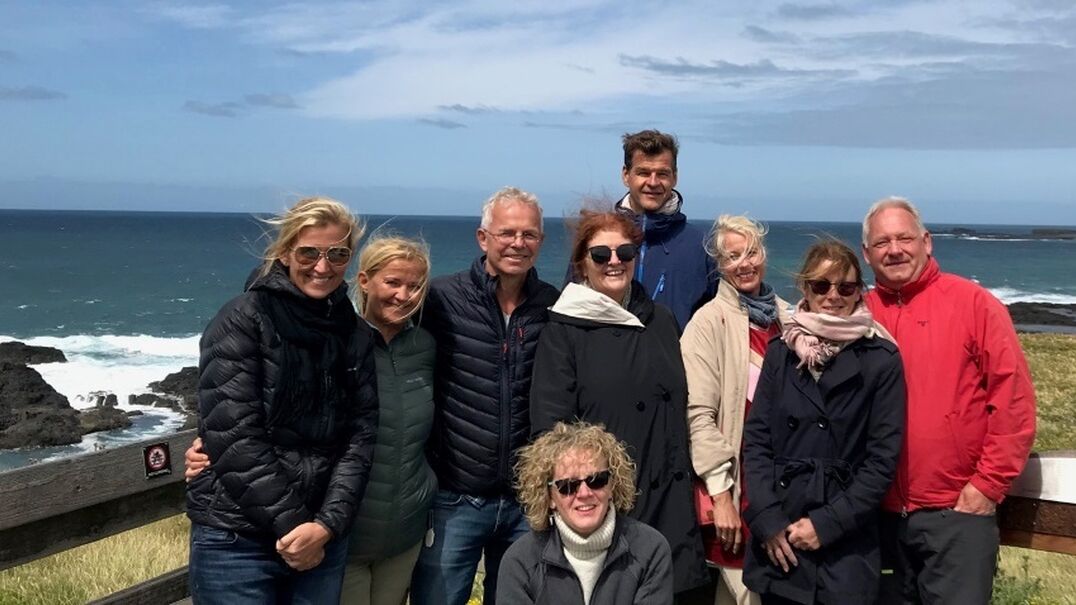Trauma is a deeply distressing event or experience that overwhelms a person's ability to cope.
It can be caused by a single incident, such as a car accident or natural disaster, or a series of events, such as being harmed by a person who is supposed to love you. The impact of trauma can be significant and can affect a person's emotional, psychological, and physical well-being.
For the children who Berry Street works with it is often harm from physical abuse, sexual abuse, emotional abuse, family violence or neglect that has led to trauma.
It has a devastating impact for children and into adulthood. We know that one of the really long-term impacts are mental health difficulties for children. It damages their sense of safety. The people that were there to love and care for them and provide them with safety weren't able to do that. And so that makes it really difficult for the children to trust in other adults that they meet. They might automatically assume that those adults will also harm them, and that will then play out in all of their relationships.
Take Two, Berry Street's specialist trauma therapy service, recognises that while negative relationships with their parents or other significant adults can be a source of trauma, positive relationships have the power to help children heal.
Relationships as a buffer
Adverse experiences, including abuse, family violence and neglect, early in a child’s life can have a negative impact on their development. However, adversity in early life doesn’t have to mean enduring trauma. If a child has access to positive, attuned relationships, these will have a buffering effect which means the impact is not as damaging as it might have been otherwise.
Relationships as the first step of healing
Children who have had adverse experiences can benefit from therapy, but we know that therapy is not the only way to aid healing. Research by Perry and Ludy-Dobson (2010) suggests that a child’s current level of relational health is the strongest predictor of their current wellbeing and functioning, even more so than their trauma history. So we know that, whether a child is receiving therapy or not, focusing on optimising the relationships in their lives is essential to helping them develop and recover.
Relationships as daily therapy
Children who are traumatised as a result of past experiences need access to a network of safe relationships that can provide new and positive experiences, tailored to their stage of development.
Even if a child has access to professional help, one hour of therapy a week or month is rarely enough. For children to develop and recover from trauma, they need predictable and repeated positive interactions with others throughout every day. Positive experiences within relationships act as snippets of daily therapy for a child, whether they’re at home, at school, in the community or in the therapy environment.
Find out more about trauma, its causes and the devastating impacts on children in episode two of the Stories from Berry Street podcast featuring Dr. Allison Cox.
Ludy-Dobson, CR. & Perry, BD. (2010). The role of healthy relational interactions in buffering the impact of childhood trauma. In Gil, E. (Ed.), Working with children to heal interpersonal trauma: The power of play. New York: The Guilford Press, 26–43.





